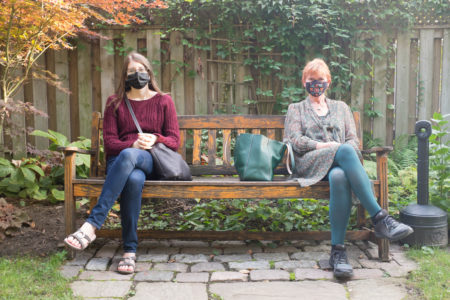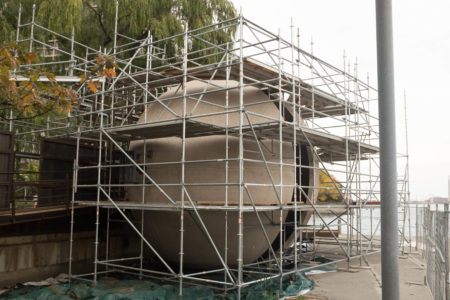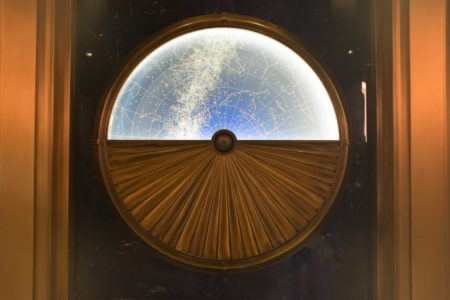Author: Milan
Trinity St. Paul churchyard
Anybody can do it
These days many sources report that in-demand, rare, and marketable skills are the basis of personal financial security. Not great then that Canada’s former top bureaucrat recently remarked: “Anybody with a laptop and a Google account can be a policy analyst.”
Concrete sphere being cleaned
Astronomical clock
Royal York
The Toronto Cyclone trail
During the course of my pandemic walks, I started looking for anything green in the map of Toronto and undertaking walks to explore those areas. Eventually, I realized that several green areas can be strung together into an urban walking trail that is mostly separated from cars. I think of it as a bit equivalent to Vancouver’s Seawall as a place to get exercise in a natural surrounding without having to worry about too many cars.
The Cyclone route includes the Beltline trail, the Nordheimer and Cedarvale ravines, and a route through Rosedale and the Mount Pleasant cemetery back to the eastern end of the Beltline. The route is easy to get on and off, as it passes near five subway stations:
Map: no road labels, road labels, road and subway labels.
The approximate path of the main route is in blue on those maps, and actual tracks of GPS data are red.
I began calling the trail The Cyclone in December 2020 and have shared it with family and friend. I was surprised yesterday to come across a tweet describing much the same route.
Toronto subway north of Glencairn
Thesis work
Hayhoe on climate change and differing morals
“How do I talk about this … to my mother, brother-in-law, friend, colleague, elected official?” I’m asked this question nearly everywhere I go.
…
Usually, they’ve already given conversation a try. They’ve boned up on a few alarming scientific facts. They’ve tried to explain how fast the Arctic is melting, or how bees are disappearing, or how carbon dioxide levels are rising. But their attempts have fallen flat. Why? Because the biggest challenge we face isn’t science denial. It’s a combination of tribalism, complacency, and fear. Most don’t think climate change is going to affect them personally, or that we can do anything reasonable to fix it; and why would they, if we never talk about it?
It’s important to understand what’s happening to our world and how it affects us. But bombarding someone with more data, facts, and science only engages their defenses, pushes them into self-justification, and leaves us more divided than when we began. On climate change and other issues with moral implications, we tend to believe that everyone should care for the same self-evident reasons we do. If they don’t, we all too often assume they lack morals. But most people do have morals and are acting according to them; they’re just different from ours. And if we are aware of these differences, we can speak to them.
Hayhoe, Katharine. Saving Us: A Climate Scientist’s Case for Hope and Healing in a Divided World. 2021. p. xi-ii
Related:







